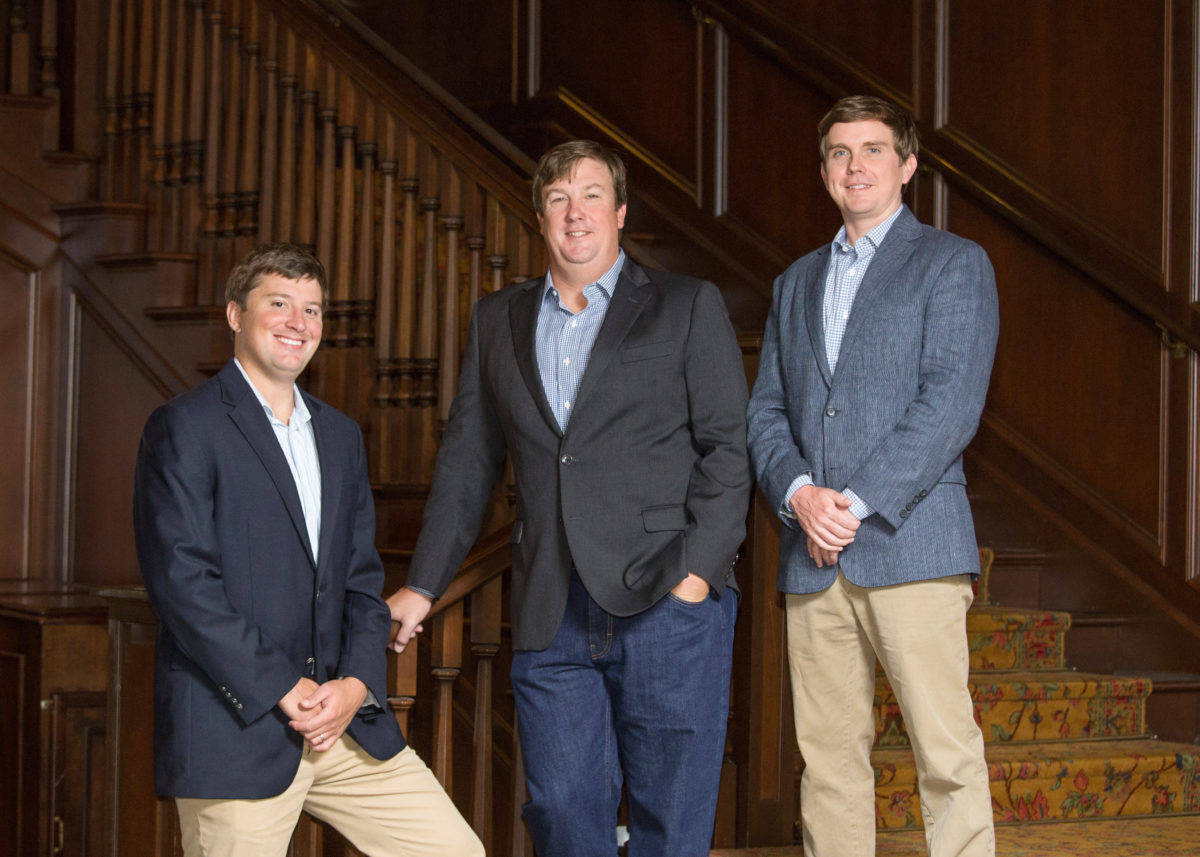California-based Z Gallerie LLC has agreed to pay $15 million to settle allegations that the company violated the False Claims Act by engaging in a scheme to evade antidumping duties on imports of wooden bedroom furniture from the People’s Republic of China (PRC). Specifically, the suit alleged that from 2007 to 2014, Z Gallerie evaded antidumping duties by misclassifying, or conspiring with others to misclassify, the imported bedroom furniture as non-bedroom pieces. For instance, Z Gallerie allegedly sold certain Basset Mirror Company products, including a six-drawer and three-drawer chest as part of a bedroom collection. Although this furniture was mislabeled as “grand chests” and “hall chests,” on the import documents submitted to Customs and Border Protection (CBP). Under the antidumping order on wooden bedroom furniture from the PRC, which has been in effect since 2005, antidumping duties can be as much as 216.01% of the value of the subject merchandise.
The case was handled by the U.S. Attorney’s Office for the Southern District of Georgia. “Savannah is home to one of the fastest growing ports in the country, handling almost 10 percent of all the containerized cargo volume in the United States,” said U.S. Attorney Edward J. Tarver for the Southern District of Georgia. “This U.S. Attorney’s Office will work hard to make sure those using the Port of Savannah play by the rules, and to hold those who try to cheat their way out of paying customs duties accountable.”
The allegations resolved by the settlement were originally brought by whistleblower Kelly Wells, an e-commerce furniture retailer from Huntsville Alabama, under the qui tam provision of the False Claims Act. The qui tam provision allows private parties, who have knowledge of fraud against the government, to sue on behalf of the United States those who falsely claim federal funds or, in the case of antidumping fraud those who avoid paying funds owed to the government. Under the False Claims Act, a whistleblower is entitled to receive a share of any funds recovered. Ms. Wells will receive $2.4 Million as her share of the $15 million settlement.
“Under the new Trade Facilitation and Trade Enforcement Act, CBP will likely see an increase in these types of settlements as the streamlined processes take effect concerning allegations of duty evasion,” said CBP Commissioner R. Gil Kerlikowske. “The Act reinforces CBP’s existing authorities and tools to collect and investigate public allegations of duty evasion improving the overall effectiveness and enforcement of CBP law enforcement actions concerning illicit trade activity, specifically in the area of antidumping and countervailing duty evasion schemes.”
The use of the False Claims Act to enforce customs fraud, particularly schemes to avoid antidumping and countervailing duties, is a viable unfair trade remedy available to both individuals and businesses injured by unfair trade. Another example of False Claims Act enforcement of antidumping duties fraud is the recent case settled by Frohsin & Barger client Graphite Electrode Sales, Inc.
Read the full Department of Justice Press Release here.
To report fraud, please contact Frohsin & Barger.






I encourage anyone with knowledge of Customs Fraud to contact an experienced Whistleblower law firm such as this who has former Federal Prosecutors om staff that are experienced with Federal Cases and understand how the Justice Department operates. While they didn’t represent me in this case, I wouldn’t have been successful without a Federal Attorney that knew what they were doing.